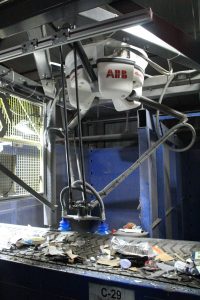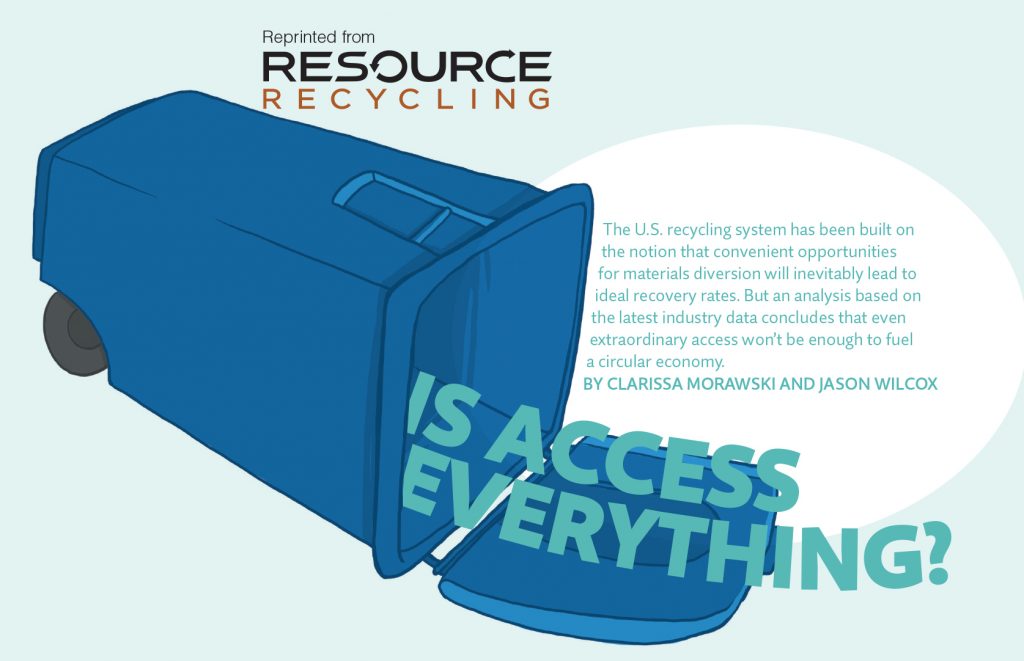Ideally, a product should find its way into the recycling stream only when it has truly reached its end-of-life. This is why reuse matters so much: Reuse gives a second life to the products we use every day by finding effective and creative ways to utilize, repurpose and distribute them.


 Projects that improve polypropylene packaging recovery are eligible for substantial financial support from the Closed Loop Fund.
Projects that improve polypropylene packaging recovery are eligible for substantial financial support from the Closed Loop Fund. Using an advanced visioning system and deep-learning capabilities, a robot is now picking an average of one carton a second off a container line at a Denver-area MRF. It may be an early look at the future of materials processing.
Using an advanced visioning system and deep-learning capabilities, a robot is now picking an average of one carton a second off a container line at a Denver-area MRF. It may be an early look at the future of materials processing.